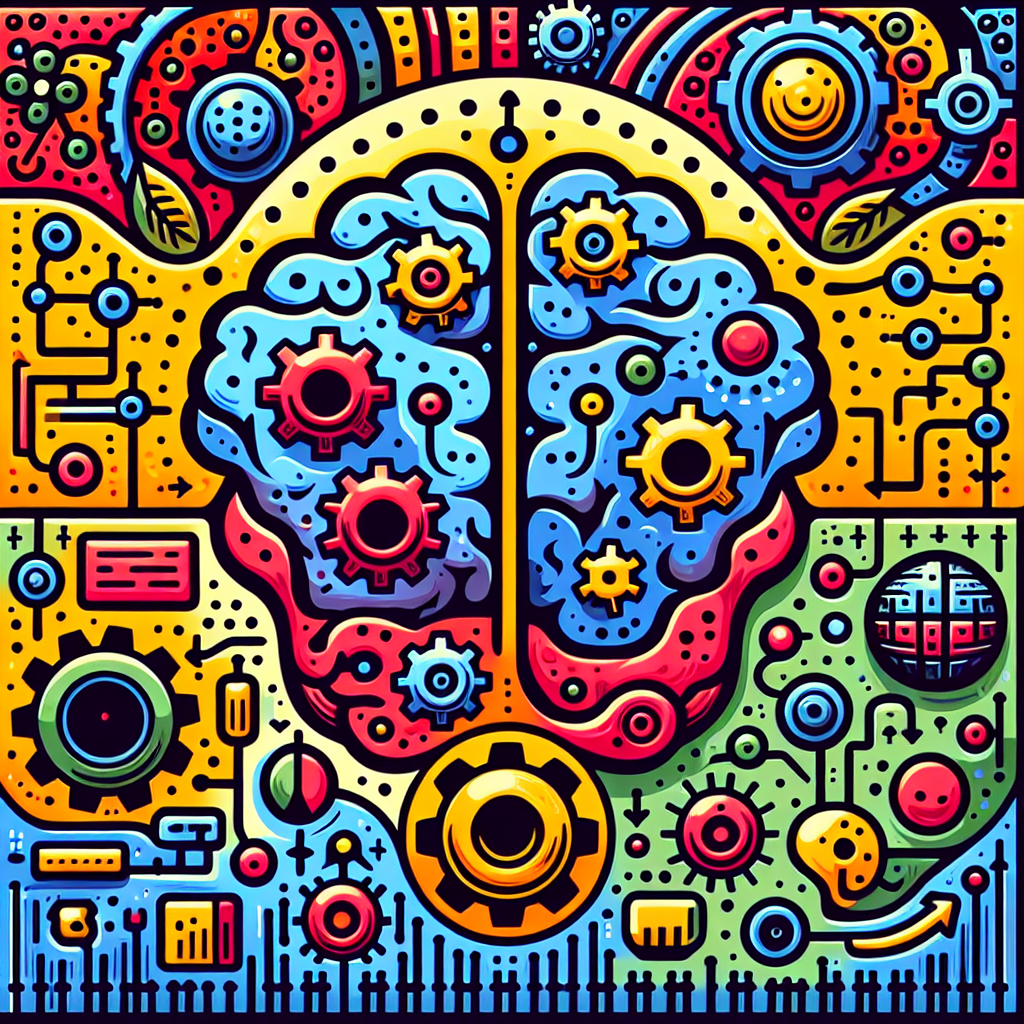It has leveled the playing field, enabling businesses of all sizes to harness the power of data-driven decision making.
A robust ML model, when appropriately implemented, can help companies predict trends, automate tasks, and understand customer behavior in a way that was unachievable in previous eras.
What is Machine Learning?
Machine learning is a subset of artificial intelligence that uses algorithms and statistical models to enable computers to perform tasks without explicit instruction. In essence, ML systems learn from experience and continually improve their performance over time. They analyze historical data and patterns to predict future outcomes, making them an invaluable tool for businesses.
Transforming Businesses Across Industries
Machine learning is becoming increasingly prevalent across various sectors.
In healthcare, ML can predict disease outbreaks, improve diagnostics, and assist in drug discovery.
In finance, ML algorithms can detect fraudulent transactions, enhance risk management, and provide personalized recommendations. The retail sector benefits from ML through improved customer segmentation, personalized marketing, and demand forecasting.

Automating Routine Tasks
One of the most significant benefits of machine learning in business is automation. By automating routine tasks, businesses can free up valuable time for their employees to focus on more complex, strategic tasks. Data entry, email filtering, and customer service are just a few areas where automation has proven to be highly beneficial. Notably, ML-powered chatbots are revolutionizing customer service, providing prompt responses and round-the-clock availability.
Insightful Decision Making
Machine learning also plays a crucial role in decision making. It can analyze vast amounts of data, identifying patterns and trends that humans might miss. This data analysis provides actionable insights that can guide strategies and decisions.
For instance, ML algorithms can help companies predict customer churn, allowing them to take proactive steps to retain their customer base.
Personalizing the Customer Experience
In today’s competitive market, personalization is key to customer retention. Machine learning can analyze customer data and behavior to provide personalized recommendations and experiences. For instance, e-commerce platforms use ML algorithms to recommend products based on a customer’s browsing and purchasing history. This level of personalization enhances customer satisfaction and drives loyalty.
Overcoming Challenges
Despite its potential, machine learning implementation comes with its challenges. Data quality and privacy are primary concerns.
Businesses need to ensure their data is accurate and reliable for ML algorithms to provide useful predictions. Additionally, companies must comply with data privacy regulations and assure customers that their data is being handled securely and responsibly.
Machine Learning: The Future of Business
Overall, machine learning offers businesses an unparalleled opportunity to leverage data in ways that can drive growth and efficiency. As technology continues to evolve, the capabilities of machine learning will undoubtedly expand, providing businesses with even more powerful tools to thrive in the digital age. Harnessing the power of machine learning now could position businesses at the forefront of their industries, ready to seize the opportunities of the future.
Leave a Reply